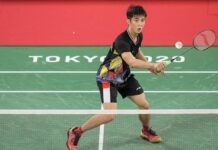SINGPAPORE – “Cry ‘Havoc’,” insisted Mark Antony in the play Julius Caesar, and no one has taken that more seriously in 2016 than athletes. No profession has been so committed to skilful agitations and sweaty unrest as these folk in shorts and swimsuits. They disrupted plans and tactics, shook up reigns and confidence, and turned form upside down. Or as Joseph Schooling did, they disrupted the destiny of the greatest Olympic champion, Michael Phelps, by becoming one themselves. The goldfish had devoured the shark.
In Fortune magazine, CNN, The Telegraph, the Bangkok Post, The New York Times, Time magazine, the same August word appeared in headlines: Singapore. One young man took 50.39 seconds over 100m to make the world look to us.
Singaporeans used to wonder: We can be sporting champions? The world inquisitively asked: Singapore is more than academia? Kindly remove those question marks.
Sport is unique for it is happily devoted to disorder. Look up the many definitions of “disrupt” and they fit perfectly. To play havoc with: As tennis player Angelique Kerber charmingly did in women’s tennis with her coup d’Serena. To cause confusion: As the Singapore Table Tennis Association did by dispensing with the services of world No.6 Feng Tianwei. To interfere with: As the Rio crowd did by cruelly booing French pole vaulter Renaud Lavillenie when he duelled with a Brazilian competitor at the Olympics.
To advance, the athlete must be disruptive, he must interrupt a rival’s progress as tennis star Andy Murray did by seizing the No.1 position from Novak Djokovic. By year’s end, Djokovic had parted with his coach Boris Becker and was partly advised by a Spaniard named Pepe Imaz, who reportedly dispenses lengthy hugs as part of his teachings. An entire way of learning was being temporarily disrupted.
Sport, like life, embraces contradiction. Athletes relish routine and yet look to create turmoil. Coaches crave discipline and yet seek to cause chaos. They look at footballer Lionel Messi, basketballer Stephen Curry, Formula One driver Lewis Hamilton in rival teams and find ways to impede their genius. Push them, mark them, disrupt them.
No one did this more serenely all year than Leicester manager Claudio Ranieri, who tastefully disrupted our notion of what the football coach should be. Star coaches looked like they feed on pomposity, but he ordered pizzas; they give us sneers and sarcasm, but he laughed and offered us quotes like “dilly ding, dilly dong”. Then he rang everyone’s bell in the English Premier League.
Ranieri and Leicester won the Premier League and reminded us of an ancient lesson: We know little about sport. We examine talent, debate it, decide who will win and then teams make a mess of our predictions. This is disruption, too. Like the Cleveland Cavaliers, who trailed the Golden State Warriors 1-3 in the National Basketball Association Finals, a deficit no team had ever overturned, and still triumphed, leading that weighty philosopher, the 110kg LeBron James, to say: “The game always gives back to people that are true to the game.”
If domination is the intent of sport, then disrupting it is essential to evening out the balance. We wish to watch greatness achieved and yet also to see the great humbled. So it was joyous to watch rugby’s All Blacks win a record 18 straight matches yet wondrous when Ireland beat them to overturn a 111-year losing streak against them.
Everything holy was disrupted here, history, form and the colour of a river. Irish captain Rory Best asked that Chicago – site of his team’s famous rugby victory – dye its river green, just like it had been coloured blue when the Chicago Cubs won the baseball World Series after 108 years. Entire centuries of loss and superstition were being overturned here, and what a lovely interruption this was.
But disruption in sport is acutely double-edged: If it is joyous to be the disrupter, then it is heartbreaking to be the disrupted. Wrestler Saori Yoshida lost her bid for a fourth successive Olympic gold and wept for an hour. Jordan Burroughs, trying to defend his 74kg wrestling title from London 2012, also fell, and his words echoed the agony of those whose dreams had been left in a shambles.
“I missed a lot of important milestones in my children’s lives to pursue this sport,” Burroughs told American newspapers. “I didn’t see my son walk for the first time. I’ve left my wife at home with two kids in Nebraska for long periods of time to go to training camps and tournaments in foreign countries… Now, I feel like I let my family down.”
The more we journey through the year, the more we appreciate that sport is essentially anarchic, a turbulent place not just full of contesting talents, but also competing beliefs. Athletes astonished us not merely with singular feats but with the strength of their conviction. Occasionally, they disrupted the very idea of what we think sport is for.
When Colin Kaepernick, the National Football League quarterback, knelt during the US national anthem in protest against the treatment of African Americans, he threw sport into intriguing disarray. Why do we have anthems at events not involving nations? Is protest a part of patriotism? Are sporting fields places to fight injustice in?
Irrespective of your beliefs, Kaepernick made us think. So did a group of athletes who marched into the opening ceremony at the Rio Olympics behind a sign that said Time Olimpico de Refugiados.
These were refugees from various lands who had come together because war had disrupted their worlds. They had left their homelands to escape violence and to chase their dreams, and in doing so had forced us to challenge an ancient assumption.
The Olympics often appear as a grand nationalistic affair, a parade of flags and anthems, but sport does not belong to nations but in fact to every individual. To play, said these brilliant disruptors, did not require a passport or a nation. It was simply their right as humans.
rohitb@sph.com.sg
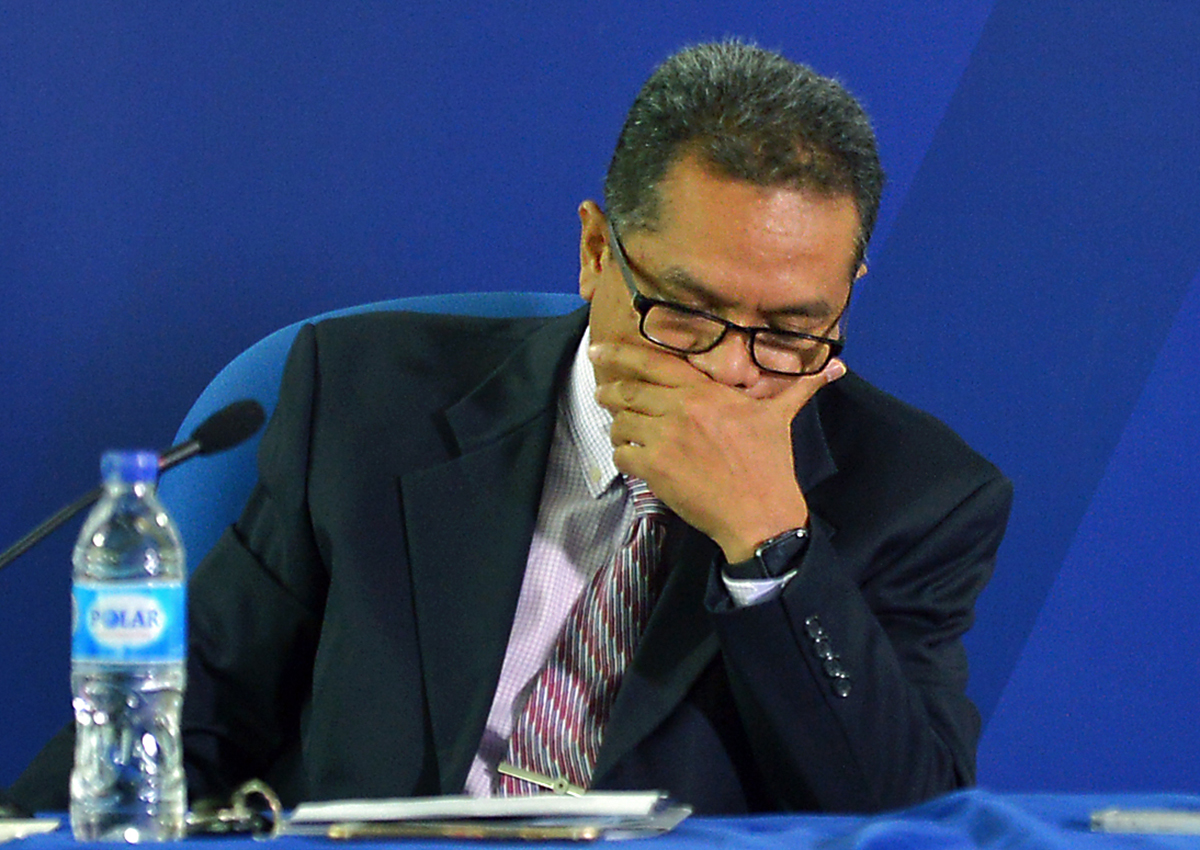
Local football takes a tumble
For the country’s No. 1 sport – football – 2016 was a rock-bottom year.
As the Football Association of Singapore (FAS) wobbles into the new year, the governing body has yet to find a new permanent president and a permanent national head coach.
Funding from the Tote Board for the association’s expenditure and the S-League season, to the tune of roughly $36 million, has yet to be secured, while the Lions and its age-group teams continue to take a battering on the pitch at a time when swimming, bowling, para-sports and a host of other sports scaled new summits.
The sheer extent of the damage done by the FAS’ recent policies was apparent during last month’s ASEAN Football Federation Suzuki Cup campaign as caretaker coach V. Sundramoorthy’s team returned from Manila with its worst-ever display of zero wins, a goalless draw and two losses in the group stage.
Previous setbacks such as the 4-0 mauling by Malaysia in 2002 saw Singapore bounce back to win the 2004 tournament, but the year of horror experienced by local football looks set for a prolonged slump.
The decision in 2011 to form the LionsXII, essentially the country’s Under-23 team boosted by senior national players, robbed the S-League of its elite.
Add to that the Young Lions, a team of the best Under-21s, playing in the domestic scene, it is no wonder the clubs have found little incentive to continue grooming youngsters because they are cherry- picked for these developmental squads. The result: A staggering record of 39 defeats and 10 wins in 62 games over the past two years for Singapore’s youth teams from U-14s to U-23s.
Off the pitch, there is also uncertainty at the FAS’ Jalan Besar office. Although the FAS managed to amend its Constitution to align with Fifa’s statutes of having an elected president, the year will end without the fraternity going to the polls.
Out went Mr Zainudin Nordin, whose term expired on Nov 15, as lawyer Lim Kia Tong took on an interim role with the mission to conduct an election by next May. While Mr Lim has announced his intention to contest the polls, the identities of the other candidates are still shrouded in mystery amid calls for change bubbling on the ground.
Another puzzling episode took place outside the country when Mr Zainudin attended September’s Asian Football Confederation (AFC) extraordinary congress in Goa, India.
Forty-two of the 44 members who had voting rights at the meeting raised a “no” card when AFC president Sheikh Salman Ebrahim Al Khalifa called for the agenda of the meeting to be passed.
The “no” vote was a gesture of Asian solidarity against Fifa, which had banned Qatari Saoud Al-Mohannadi from standing for election.
While one AFC member abstained, another voted “yes”. This lone voice that was out of sync with the rest of its AFC colleagues was… the FAS.
Football fans in Singapore live on a staple diet of the English Premier League, while connoisseurs critique the Spanish and German leagues as works of fine art. The local game, sadly, is still an acquired taste.
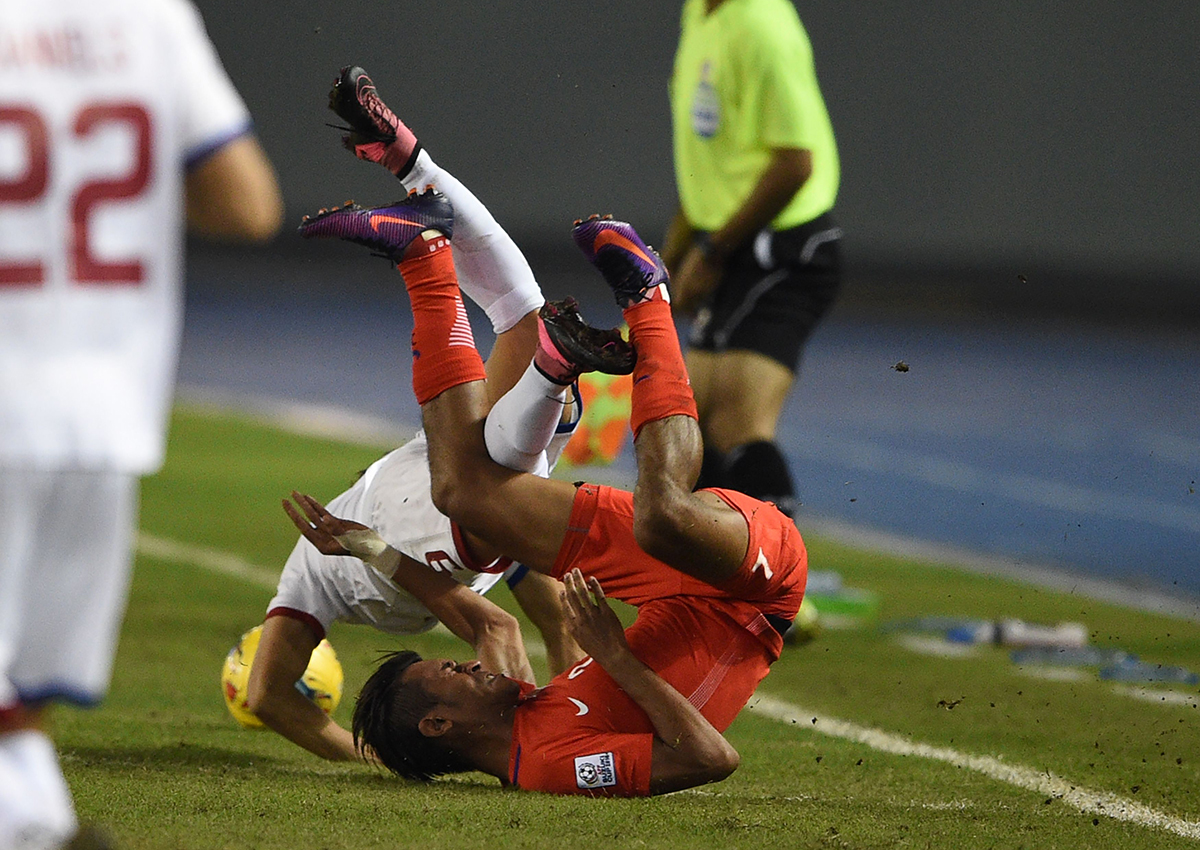
YOUTH TEAMS SUFFER BATTERING
Singapore’s youth teams from U-14s to U-23s have fared badly over the past two years.
Matches played in total: 62
Matches lost: 39
Matches won: 10
meng@sph.com.sg
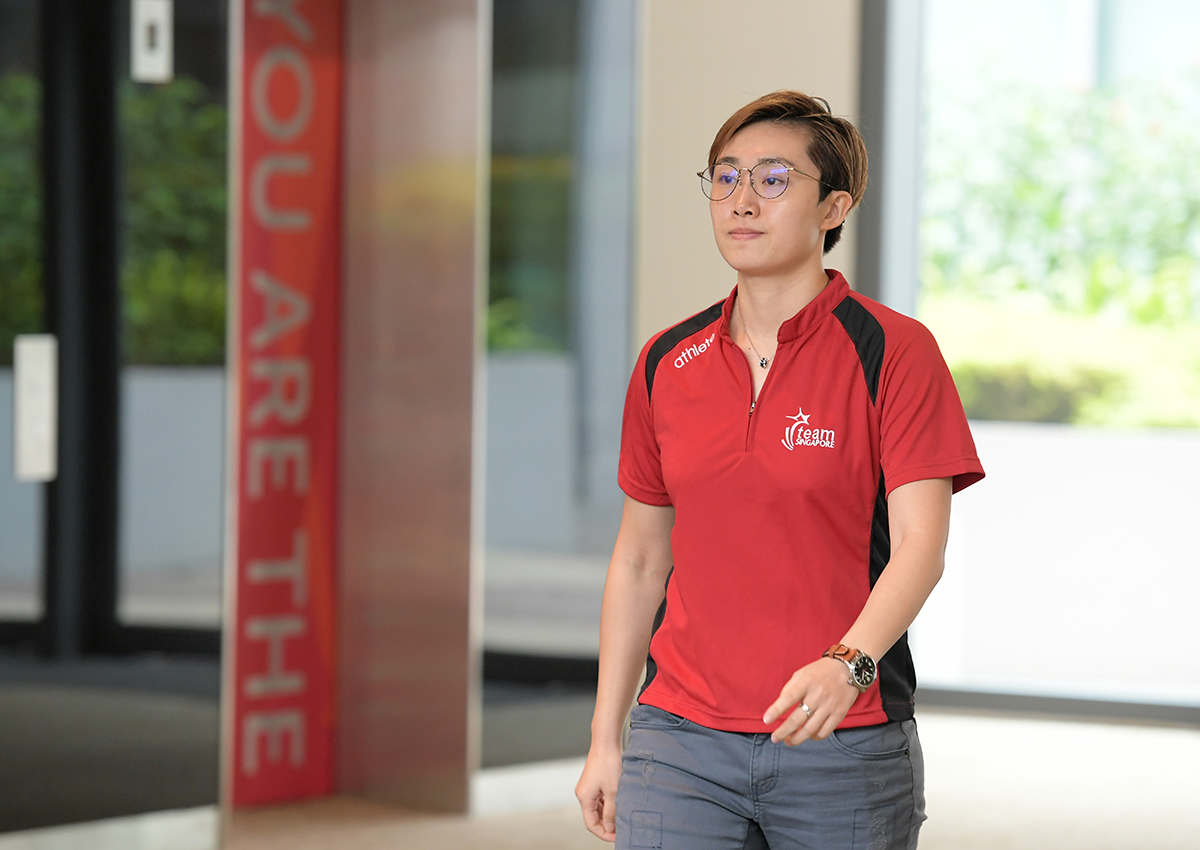
STTA’s axing of Feng stuns sports scene
The year 2016 in Singapore sports was a season of bountiful harvests, with tireless toil giving way to the sweetness of success that was most celebrated at the Rio Olympics and Paralympics.
So the unwelcome episode surrounding the Singapore Table Tennis Association (STTA) and paddler Feng Tianwei that soon followed proved a rude shock.
The STTA’s move to axe Feng from the national table tennis team stunned Singapore sports as well as several overseas rivals and observers.
Feng had been struggling with form and, as team captain, had just led the women’s team to a barren run at the Rio Olympics – the first time in three Games they had returned empty-handed.
But Feng, ranked world No. 6 then and now, is still the best paddler by far within the Singapore stable, and had stated her intention to make a run for the 2020 Olympics in Tokyo.
The 30-year-old was widely expected to continue leading the women’s team for at least another Olympic cycle. Her sudden exclusion threw plans into disarray.
The manner in which she was dismissed by the STTA, as well as the reason the sport’s local governing body used to substantiate its decision, also proved baffling to many.
It was supposed to be a contemplative period for the sport, a time for studying how to regroup after a disappointing Olympics. Instead, the affairs of the STTA and the relationship between its management and athletes became a hot topic for public scrutiny.
Some disapproved of the way the STTA gave the boot to its most accomplished athlete – Feng is a triple Olympic medallist and member of the 2010 World Championship-winning team. The STTA said it severed ties with her as she “does not fit” into the association’s plans for rejuvenation.
Others were confused because dropping the team’s most valuable asset seemed counter-intuitive if the ambition was for Singapore table tennis to rediscover success on the world stage.
More discord followed when Feng’s character was brought into question. She went from being recognised as the heroine of most of Singapore’s table tennis success in recent years to seeing allegations of indiscipline and a lack of respect for authority appear in the media.
For Feng, who had hoped to get back into the momentum of competition and begin yet another four- year campaign as soon as possible after Rio, the development was an unwelcome interruption.
She intends to continue playing for Singapore, although she is no longer under the STTA’s auspices when it comes to training and competition. She will now have to assemble a support system herself.
This includes getting her own coach and sparring partners, and also taking care of her own travelling and administrative logistics.
After Feng suffered an early exit at the International Table Tennis Federation’s year-end season finale earlier this month, she admitted that being an independent player was a steep learning curve.
The STTA’s ambition to “rejuvenate” and focus on “youth development” means it will now have to cope without Feng’s leadership, experience and technical abilities, including at team events, because the association had also said that her inclusion would be “tricky”.
But if the association’s ambition to wean itself from its reliance on imported talent comes to pass, the move does open up a path for younger, local-born players to consolidate a place in the team, as the association seeks to groom the next generation of leading paddlers.
The exclusion of Feng from the national set-up by no means ends Singapore table tennis’ successful run on the international stage.
After all, she continues to play for the nation – recently defeating world No. 1 and Olympic champion Ding Ning – and the women’s team still comprises talented players.
But it was certainly a disruption Singapore sport could have done without.
maychen@sph.com.sg

This article was first published on Dec 24, 2016.
Get a copy of The Straits Times or go to straitstimes.com for more stories.
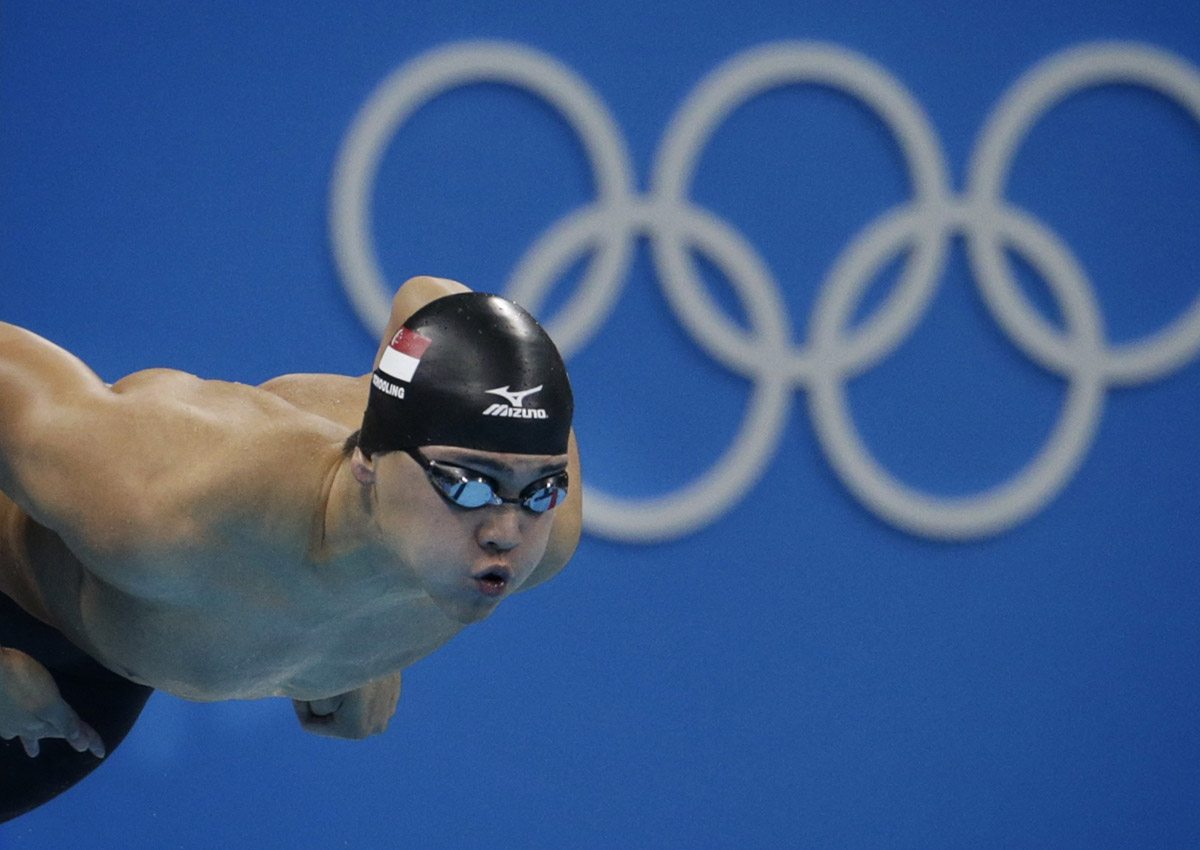
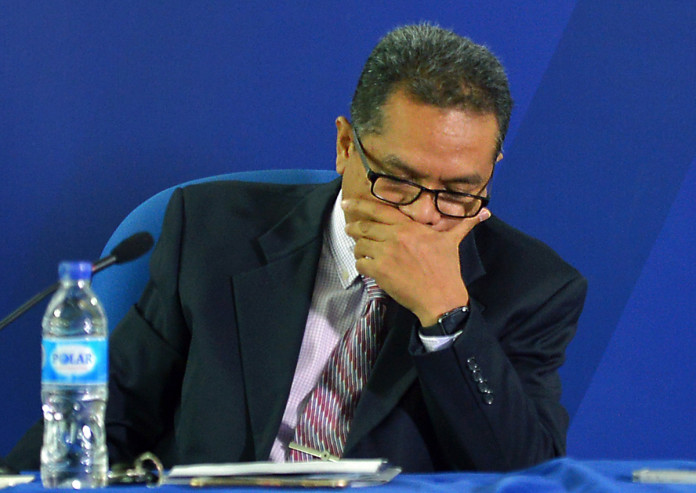
 Photo Gallery
Photo Gallery









































